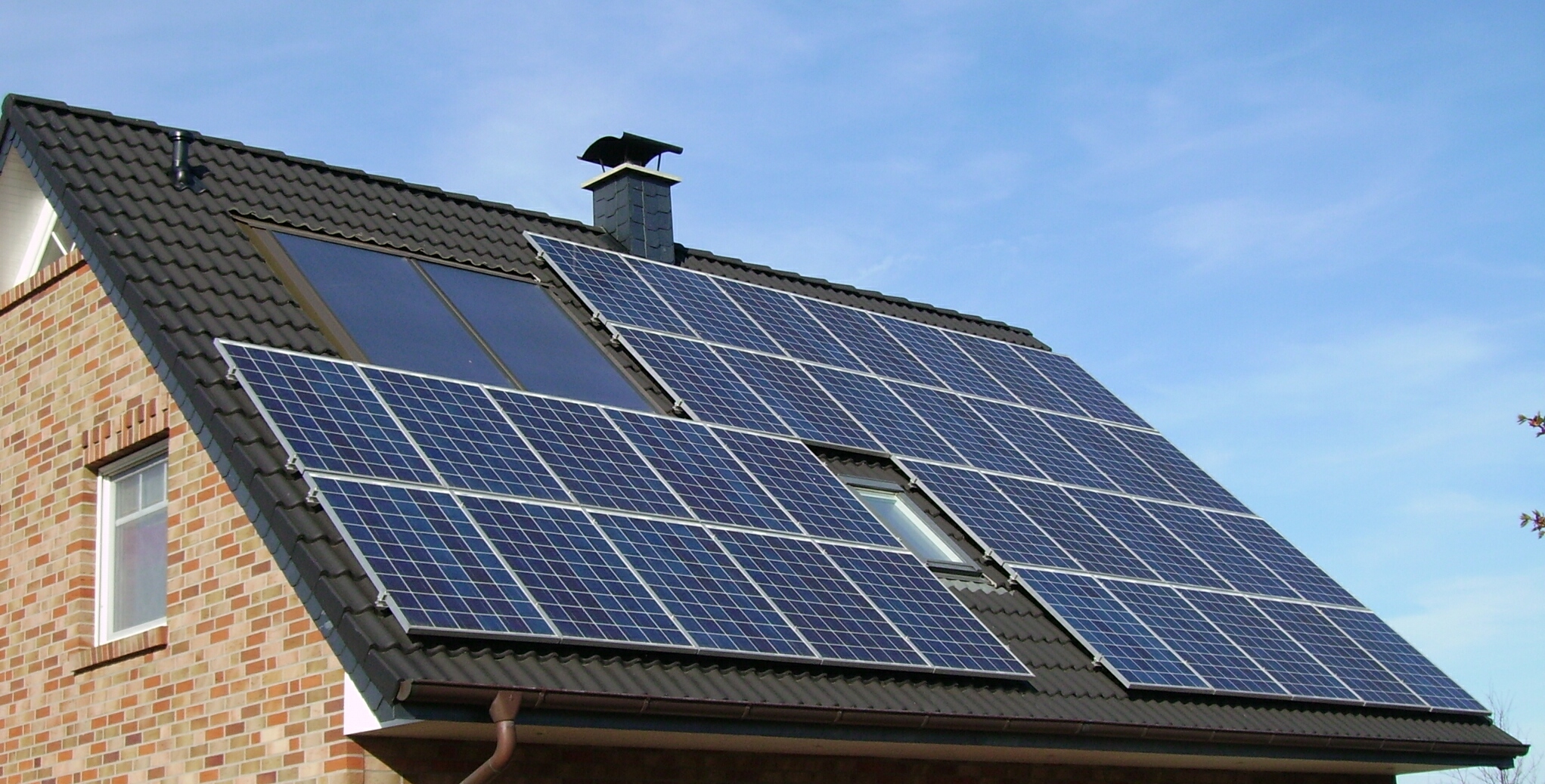"When Your Neighbor's Drone Pays an Unwelcome Visit" by Nick Bilton is a story from the Technology section raising issues about the right to use recreational drones and how they invade privacy.
 |
| Halftermeyer, Nicolas. "Parrot AR.Drone 2.0 - indoor hull" 10 Jan. 2012 via Wikimedia Commons. Attribution-Share Alike 3.0 Unported License. |
1. Does there seem to be a "main character" or "protagonist" to the story? If so, who is it and how are they are the "center" of the story? If not, are there any important or central characters in the story at all? What role do they play?
There does not seem to be a "main character" to this story but some examples of people include a man with a gun and the author himself. The man says he was justified in shooting down his neighbors drone, whereas the author responded with cynicism and just waited for the drone to leave.
2. Where do the specific events in the story take place? Is there a specific setting? Describe the settings for the stories and how they influence the plot and characters.
The events take place in between the boundary of people's private property like houses, and the vantage points the drones take. Some of the setting are specific whereas others are very general. The incident with the man who shot down the drone took place in his yard while his daughter was sunbathing, whereas the incident with the author took place at his office window. These settings show differing amounts of expected privacy, justifying each of the characters responses and, as a result, it influences the readers to sympathize with each side of the argument in turn. This gives the plot of the article an exciting middle and an end that seems general and unbiased, while still leaving the issue unresolved.
3. Is there any kind of disagreement or debate happening in the story? If so, who is participating, why are people debating and what seems to be at stake for the different characters in the story?
The debate in this article is how drones should be regulated to respect the privacy of others. Depending on the regulation that gets passed, some people's privacy may be dramatically reduced, or drone users could be restricted to the point where they could almost never use the technology that they have already spent quite a bit of money on. This debate is especially relevant to those who value outdoor privacy, those who want to use or sell new technology like drones, and political figures.
"California Votes to Retain System That Pays Solar Users Retail Rate for Excess Power" by Diane Cardwell is a story from the Science Section elaborating on the implications of the decision mentioned in the title.
 |
| Pujanak. "Solar panels on a roof" April 2007 via Wikimedia Commons. Public Domain. |
1. Does there seem to be a "main character" or "protagonist" to the story? If so, who is it and how are they are the "center" of the story? If not, are there any important or central characters in the story at all? What role do they play?
There are no "main characters" in this article, but there are some general entities like California regulators, energy companies, and both the solar users and non solar users that make up the consumers of the energy industry. The regulators are the main entity that is influencing change and the others are mainly just being affected by the decisions the regulators make.
2. Where do the specific events in the story take place? Is there a specific setting? Describe the settings for the stories and how they influence the plot and characters.
There is not really a specific setting, but the actions take place in California and have a slight trickle down to the rest of the country as people elsewhere use the decisions made in California to influence their own.
3. Is there any kind of disagreement or debate happening in the story? If so, who is particiapting, why are people debating and what seems to be at stake for the different characters in the story?
There is a debate in the story over how to respond to the changing world of the energy industry. The California regulators are making the decisions, but the main focus of the discussion is on the energy companies, solar users and non solar users. The solar users risked losing some or all of the compensation they receive for switching over to renewable energy; however, every dollar they receive is money out of the energy companies pockets, and this cost could be pushed toward their consumers that don't have solar panels. The regulators must balance the needs of these people as well as the impact their decision to promote or devalue the use of solar energy will have on the environment.
No comments:
Post a Comment